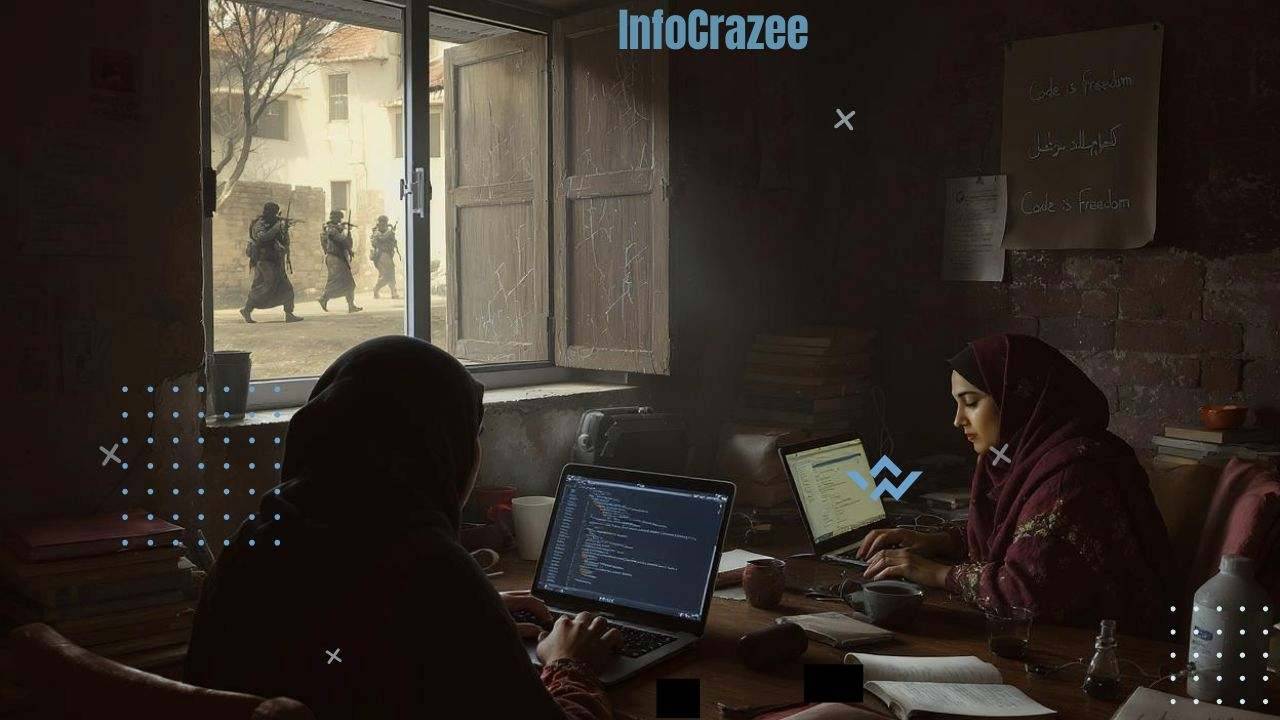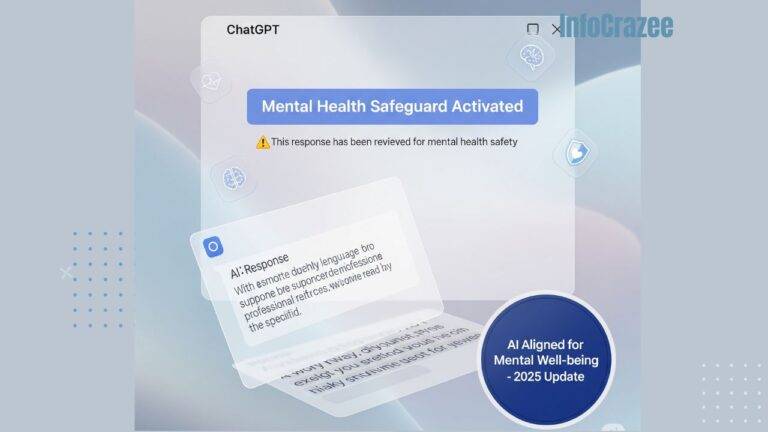Afghan Women Defy Taliban Restrictions, Learning to Code and Building Tech Careers Online
In the face of severe restrictions imposed by the Taliban since their 2021 takeover, Afghan women are turning to online coding courses to gain tech skills and forge careers in a digital world that transcends the physical barriers of their homeland. Despite bans on education beyond primary school and most professions, these women are harnessing the internet to learn programming, develop websites, and secure remote work, offering a glimmer of hope amid oppressive conditions.
A Digital Lifeline Amid Repression
When the Taliban seized power, they swiftly curtailed women’s rights, prohibiting access to parks, restaurants, gyms, and higher education. For many, like 24-year-old pharmacology student Sodaba, the ban on schooling was devastating. “One after the other, the opportunities vanished,” she told the Associated Press, using only her first name for safety. Driven by necessity, Sodaba discovered a free online coding course offered in her native Dari, taught by Afghan Geeks, a company founded by Murtaza Jafari, a 25-year-old Afghan refugee in Greece. The course, focusing on computer programming and website development, restored her confidence. “I believe a person should not be bowed by circumstance but should grow and get their dreams through every possible way,” she said.
Sodaba is among thousands of Afghan women leveraging online platforms to bypass Taliban restrictions. Zuhal, another young woman whose university dreams were crushed, co-founded an online academy 18 months ago with a university professor. Starting with five staff, it now employs 150 teachers and administrators, serving over 4,000 female students in subjects like coding and English. “The web has opened a new world of possibilities,” Zuhal said, also using a pseudonym for protection.
Afghan Geeks: Empowering Women Through Code
At the heart of this movement is Afghan Geeks, launched by Jafari to give back to his community. As a teenage refugee in Athens, Jafari faced immense challenges, arriving without knowledge of computers or English. A teacher’s support helped him enroll in a coding course, which he completed despite learning Greek and English simultaneously. “It was super difficult for me,” he recalled, but earning his certificate opened new horizons. In 2023, he began offering free online coding classes for Afghan women, mentoring 28 students across beginner, intermediate, and advanced levels.
Jafari respects his students’ privacy, never asking them to show their faces on camera due to cultural sensitivities and Taliban surveillance risks. “I don’t want to do it, because I respect their culture, their choice,” he said from his modest Athens apartment. His courses not only teach technical skills but also connect students to online internships and jobs, a critical lifeline in a country where women are barred from most work. Top performers join Afghan Geeks’ team, contributing to website development and chatbot services for clients in Afghanistan, the U.S., UK, and Europe. “Sharing knowledge makes a real difference,” Jafari said, emphasizing his mission to empower women.
A Legacy of Resilience
This isn’t the first time Afghan women have turned to tech for empowerment. In 2016, Code to Inspire, founded by Fereshteh Forough, became Afghanistan’s first all-female coding academy in Herat. By 2021, it had transitioned to encrypted virtual classrooms, equipping 100 students with laptops and internet packages to continue learning under Taliban rule. Students like Muhammadi, who earned up to $500 monthly through remote app development and graphic design, defied stereotypes, proving “Afghan women are strong,” she told Al Jazeera.
CodeWeekend, another initiative launched in 2014 by Jamshid Hashimi, offered virtual bootcamps post-2021, with 75 participants learning frontend development through Scrimba’s platform. For students like Asad Asadullah in Samangan province, these courses provided structure and purpose. “My days are good,” one female participant said, despite limited internet access and power outages. Hashemi’s goal is to create 1,000 remote tech jobs by 2023, supporting Afghanistan’s economy as most citizens remain ineligible for resettlement.
Challenges and Risks
The Taliban’s digital oversight poses significant threats. Experts like Mustafa Soltany, a Kabul-based IT consultant, warn that the regime may censor communications or hunt dissidents online, with soldiers already searching phones at checkpoints. Power outages and costly internet access further hinder learning, with some women, like a CodeWeekend participant, managing only an hour daily amid household chores. Recent X posts highlight the broader crisis, linking rising female suicides to the Taliban’s oppressive policies, including education bans and mandatory male chaperones.
Despite these obstacles, the internet remains a vital tool. The Taliban has not yet cut off access, allowing women to pursue education and work clandestinely. However, fears of surveillance and potential service disruptions by foreign providers like Iran loom large, as noted by Soltany.
A Path to Economic Empowerment
Online tech work offers Afghan women a rare chance to earn income in a society where economic opportunities are nearly nonexistent. By developing apps, designing graphics, or building websites, they can support their families and challenge cultural narratives of weakness. Forough’s students at Code to Inspire, for instance, became breadwinners, a feat unimaginable during the Taliban’s previous rule.
The global tech talent shortage, projected to grow in coming years, presents an opportunity for Afghan women, as noted by Roya Mahboob, founder of Afghan Citadel Software. “With one computer and the internet, they can reach the world,” she said in 2016, a sentiment that resonates today. Jafari’s Afghan Geeks and similar initiatives are tapping into this potential, connecting skilled women to international clients and fostering economic resilience.
A Defiant Future
As Afghan women navigate Taliban oppression, their pursuit of coding reflects remarkable resilience. From Sodaba’s renewed confidence to Zeal’s thriving academy, these stories highlight the transformative power of technology. Yet, the risks of surveillance, economic hardship, and societal constraints persist, amplified by reports of violence against women, including activist Manizha Siddiqi’s claims of Taliban abuses in detention.
By learning to code, Afghan women are not just building tech careers—they’re reclaiming agency in a world designed to silence them. As Jafari puts it, sharing knowledge “expands, and then there’s more people to learn things.” Their defiance, fueled by the internet’s reach, signals a future where Afghan women may yet code their way to freedom.






